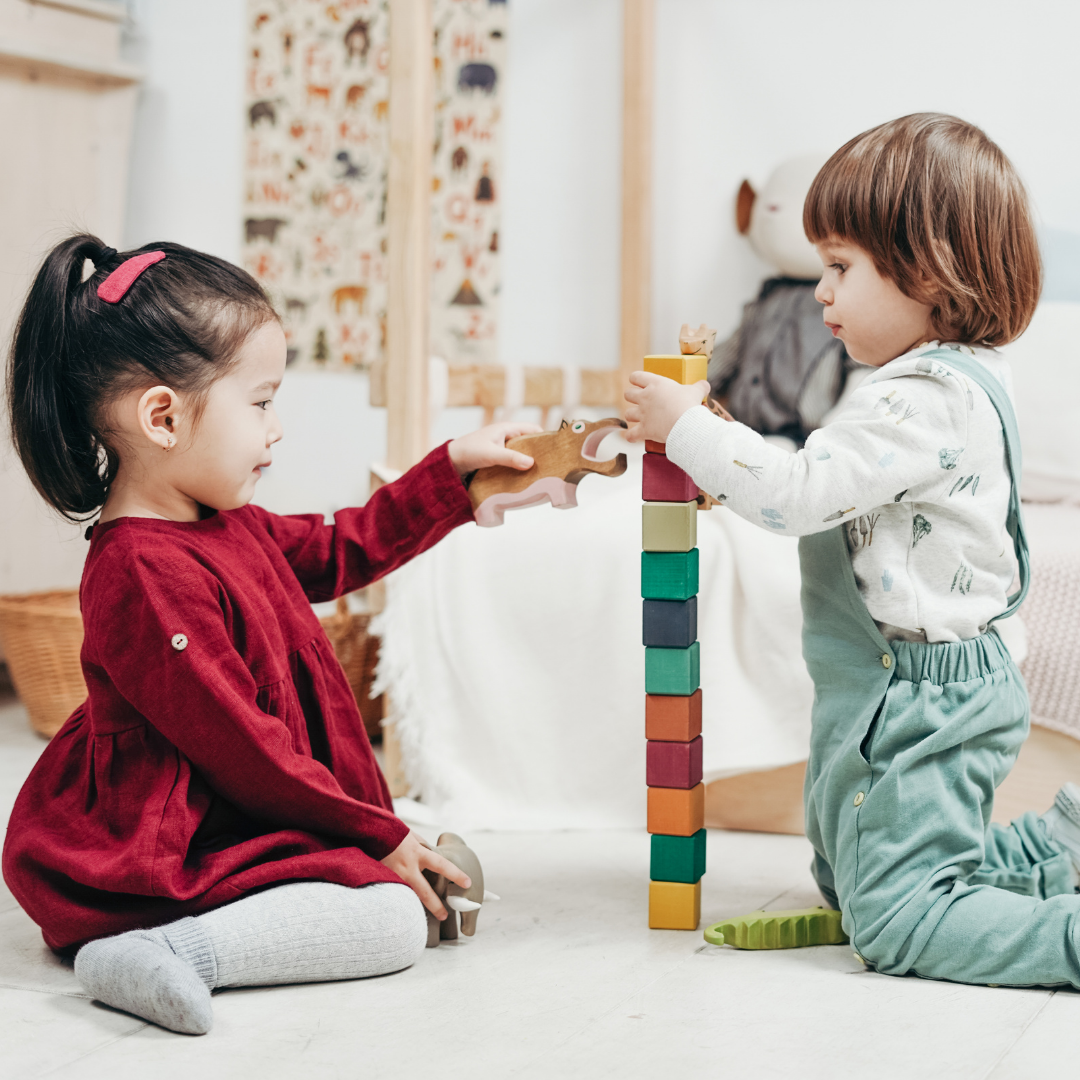Children's Mental Health Week explores growing together
 Published: 7th Feb 2022
Published: 7th Feb 2022
Monday 7 February marks the beginning of Children’s Mental Health Week. Ran by the charity Place2Be, the week focuses on the importance of promoting good mental health and wellbeing for young people.
One in six children and young people have a diagnosable mental health problem, and many more struggle with challenges from bullying to bereavement, according to Place2Be.
Now in its eighth year, this 2022 campaign focuses on ‘growing together’; growing emotionally and finding ways to help each other grow.
Place2Be says, “as parents or carers, you are an important role model for your child. Your child does not need you to be perfect – in fact seeing you make some mistakes can be really useful! What is important is that you are able to show them that you – and they – can continue to develop and grow even when things are hard, In fact, sometimes, this is when we learn and grow the most.”
Here are a few simple ways you can support your child’s emotional growth:
- Talk about when your child was younger
Most children enjoy hearing their parents tell stories about when they were younger. Recall stories that highlight how your child has developed and changed over the years. For example, how you enjoyed teaching them to learn to ride a bike, or swim. Or how proud you were when they took part in a school assembly – even though they were nervous.
If you are an adoptive parent, foster or kinship carer, you will still have lots of memories to share from when you first came together as a family.
- Notice when they have developed and grown
You may have made marks on the walls to recognise how tall your child has grown over the years or looked at old photos together. It is important to also recognise and praise emotional growth. This could be letting them know how proud you are when they have learnt to ask others to play when they used to be too shy to do so.
- Encourage them child to try new things
This could be new foods, a new activity or a new experience. Praise their willingness to ‘give things a go’ rather than whether they were ‘good’ at it. This will give them confidence to continue to develop and grow.
- Listen to their hopes and dreams for the future
Encourage your child to see that everything they are doing right now is a tiny step towards who them being a counsellor, a doctor, a nurse or a teacher etc.
- Support them to learn from tough situations
It can be really hard when your child is not getting on with friends, having a problem with a teacher, or is disappointed with how something has worked out. Acknowledge the difficult feelings, but help them to see that these situations help us to grow and develop so that we are better able to cope with life’s ups and downs.
If you are looking for free and practical advice to help you support your children, Parenting Smart is a site for parents and carers. It is full of expert advice and tips on supporting the emotional wellbeing and growth of primary-age children.